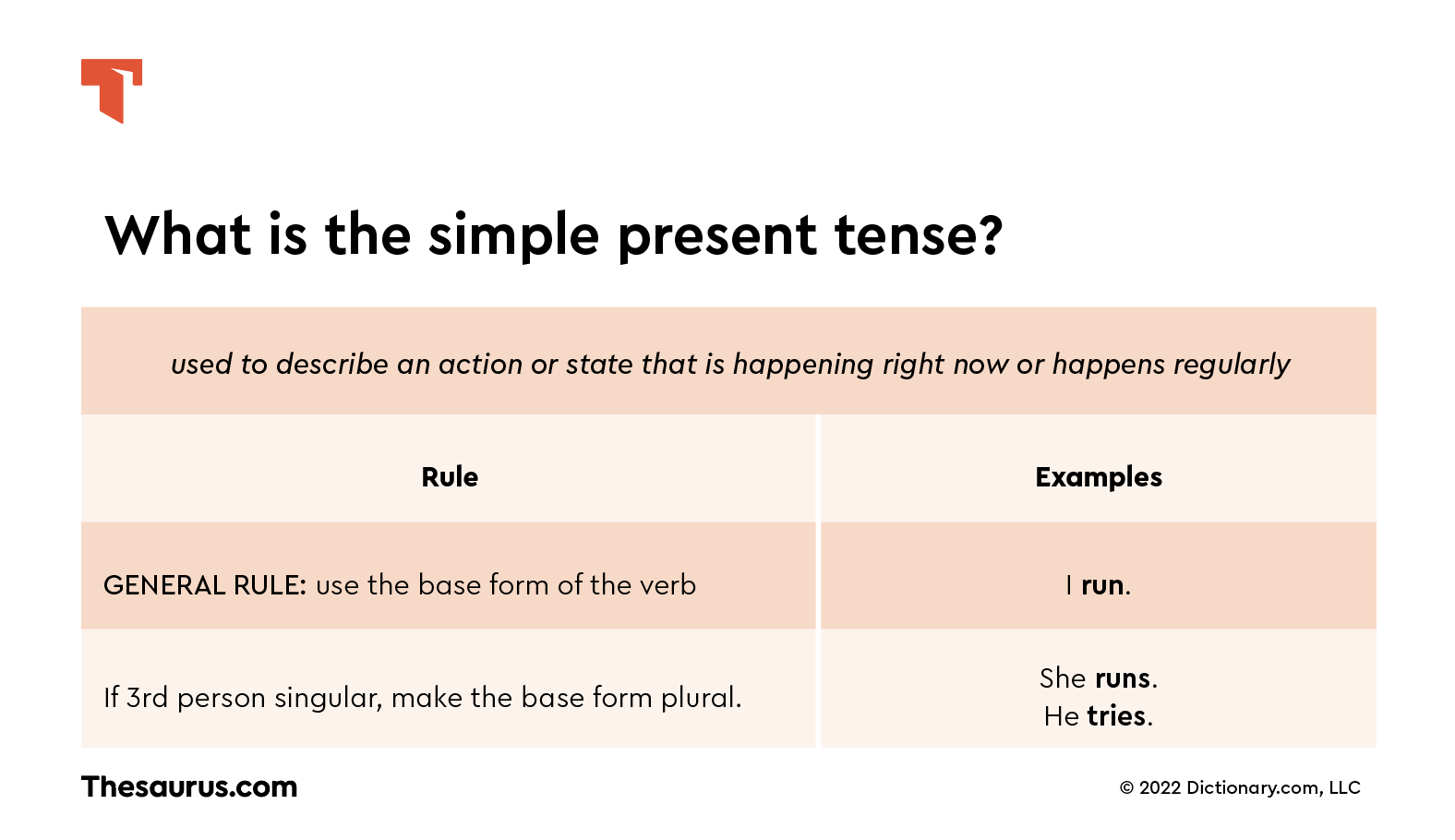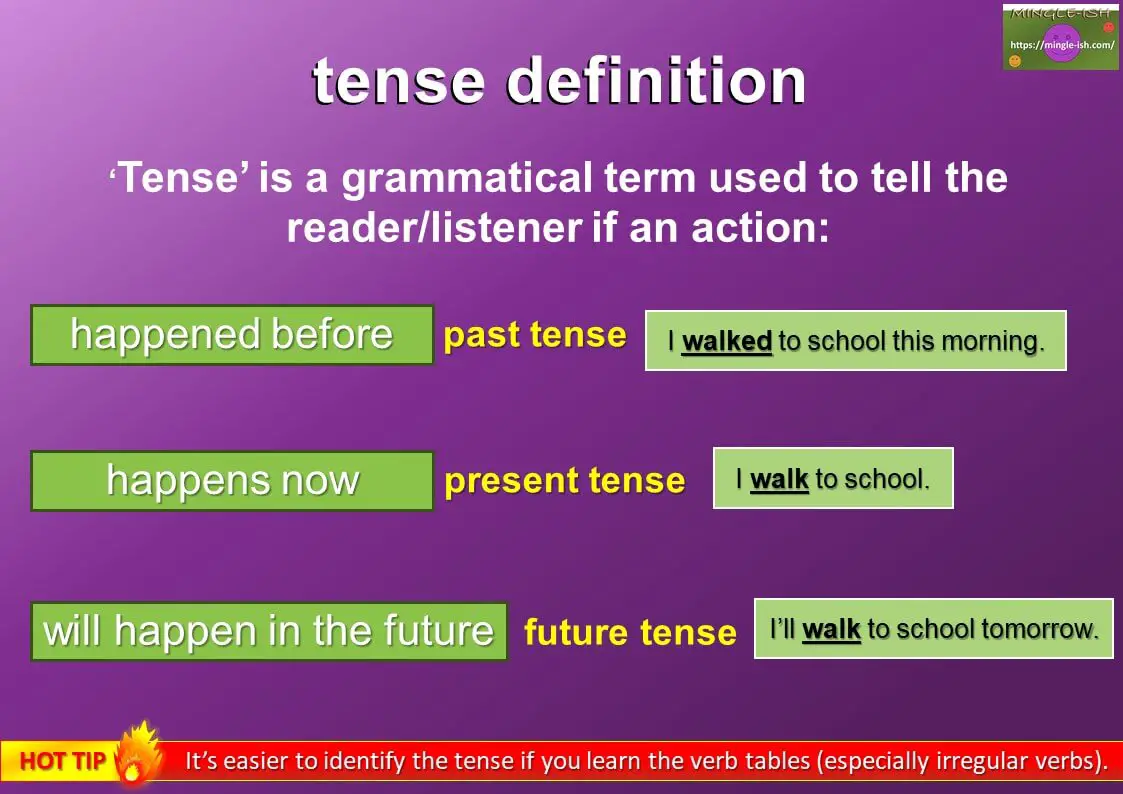The Now-What Does Present Meaning Truly Imply
We often use the word “present” without truly stopping to think about its different shades of meaning. It's a word that, you know, pops up a lot in our daily talks, yet its full scope can sometimes slip by us. This single word, seemingly simple, holds a surprising amount of different ideas depending on how it's used, and understanding these differences can really make our conversations clearer.
From being somewhere at a certain moment to giving something to another person, or even how we talk about time itself, the word "present" changes its color and feel. It can point to what is happening right now, what existed up until this point, or even what will come into being because of something happening today. The way we choose to use it, or even the way it shows up in grammar, gives it a special weight.
This article will look at these different ways “present” shows up, helping us see how a single word can, actually, point to so many different ideas. We will explore how its sense shifts from one situation to the next, giving us a clearer picture of its varied uses and, so, a richer grasp of our language.
Table of Contents
- What Does Being "Present" Actually Suggest?
- How Does "Present" Shape Our Actions for Tomorrow?
- When Does "Present" Point to a Current State of Affairs?
- Is "Present" Always About Time, or Can It Be a Gesture?
- Talking About Time-How "Present" Shows Up
- When "Present" Signals What's Ahead
- The Way Words Are Put Together-How "Present" Works
- Dealing with Risks and Requests-The "Present" in Action
What Does Being "Present" Actually Suggest?
Sometimes, "present" just means being in a certain spot at a certain time. Like, if someone says, "I wasn't present when the vote took place," they are simply telling you they were not physically there. Their physical absence at that particular moment means they couldn't be part of the decision-making process, which, you know, affects the outcome. This sense of the word points to a direct connection between someone's location and their involvement in an event, or lack of it.
The Immediate Now and Its Present Meaning
When we talk about being somewhere, the "present meaning" here is about presence. It’s about the here and now, the actual moment something happens. If you are not in the room, you cannot cast a vote or hear the discussion. This kind of "present" is about being a witness, or a participant, in a real-time event. It’s a very concrete way the word is used, focusing on immediate physical reality and, as a matter of fact, the impact of being there or not being there.
How Does "Present" Shape Our Actions for Tomorrow?
The word "present" also helps us think about time in a bigger way. We might say, "We are trying to build not only for the present, but for the future." This shows that our actions today, in this very moment, are not just for right now. They are part of a larger plan, a way of shaping what is to come. What we do today, you know, lays the groundwork for what happens later on, showing how the "now" connects to what's ahead.
Building for What's Coming and Its Present Meaning
When we act with an eye on tomorrow, the "present meaning" of our efforts is about laying foundations. It means that the work we do today carries a weight that extends beyond the current hour. It’s about making choices that will help things grow and develop over time. So, a decision made today, for example, might not show its full impact until much later, but its importance is rooted in the moment it was made, shaping the path forward.
When Does "Present" Point to a Current State of Affairs?
Sometimes, "present" refers to the way something is right now, its current condition. For instance, if someone mentions, "The present manuscript is not good enough," they mean the version they have in front of them, at this very moment, needs more work. It is a way of talking about the existing state of something, whether it is a document, a situation, or a feeling. This use of the word helps us understand what needs to be dealt with right away.
The Current State of Work and Its Present Meaning
Think about a sentence like, "I have a lot of homework." This means that the homework is something you possess right now, at this very moment. The "present meaning" here is about a current reality, a situation that exists without a doubt. It’s not about what happened yesterday or what will happen tomorrow; it’s about the facts of today. This use of "present" helps us describe what is happening in a direct, immediate way, so, you know, we can address it.
Is "Present" Always About Time, or Can It Be a Gesture?
Beyond time and place, "present" can also mean to give something, or to show something. When someone wants "to present Miss Meredith a very elegant little watch," it means they want to hand it over to her as a gift. It's an act of giving, a gesture of kindness or respect. This use of the word shifts its sense from a state of being to an action, a direct transfer of something from one person to another, or from one source to a recipient.
Giving Something and Its Present Meaning
Trees, for instance, "present us their blossoms, before they give us their fruit." Here, "present" means to offer or show something. It's about making something available for others to see or receive. The "present meaning" in this context is about the act of offering, whether it's a physical object, a beautiful sight, or a piece of information. It’s a way of saying that something is being put forth for consideration or enjoyment, quite simply, for others.
Talking About Time-How "Present" Shows Up
The word "present" also shows up when we talk about time that has passed up until now. Phrases like "so far," "till now," or "to date" all carry a meaning close to "until the present moment." This means everything that has happened from a starting point right up to this very second. It’s a way of looking back at a stretch of time that ends right where we are standing, so, you know, it summarizes what has occurred.
Looking Back to the Present Moment and Its Present Meaning
When we say "up to the present moment," we are talking about a period that concludes right now. The "present meaning" here is about accumulation, about everything that has led us to this point in time. It helps us understand the current state of affairs by considering all the events that have already taken place. It’s a useful way to frame progress or a lack of it, bringing the past right up to the current instant.
When "Present" Signals What's Ahead
On the other hand, "present" can also mean "starting today and going forward into the future." This gives the word a sense of moving forward, a beginning point for what is to come. It’s about actions or plans that kick off right now and continue into the days, weeks, or years ahead. This use of the word points to a shift, a new direction that begins in the current moment and stretches out before us, giving a sense of continuity.
Stepping Forward from the Present Moment and Its Present Meaning
The "present meaning" in this sense is about setting a course. It means that decisions made today, or actions taken now, will have consequences that unfold over time. It’s about the idea that the "now" is a launching pad for future events. This kind of "present" is about foresight and planning, understanding that the choices we make at this very instant are, basically, the first steps on a path that leads into what is yet to happen.
The Way Words Are Put Together-How "Present" Works
The way we use language itself also shapes the "present meaning" of words. It’s often better to use everyday speech rather than the language of lawyers or bureaucrats. For example, it’s usually clearer to say "let" instead of "permit," "people" instead of "persons," or "buy" instead of "purchase." Similarly, preferring "present" as a gift rather than a formal presentation makes the message clearer and more relatable, you know, to everyone.
How Language Structures the Present Meaning
Grammar also plays a big part in how "present" is understood. When we use the verb "have" in the present perfect tense, like "have had," it connects something from the past to the current moment. If the "present passive" is used with a verb that shows a result, the main focus is on the current state of things. But if the "perfect passive" is used, there is a stronger focus on the action that caused that state. So, the choice of verb tense, quite simply, changes the "present meaning" of a sentence, showing how words work together to paint a picture of time.
Dealing with Risks and Requests-The "Present" in Action
Finally, "present" can mean to introduce or cause something to appear, often in the context of problems or challenges. If someone says, "Your request shouldn't present us with any problems," it means the request is not expected to cause difficulties. It’s about something coming into being, or showing itself, as a result of an action or situation. This use of the word is about facing or bringing about a particular outcome, so, you know, it has a direct effect.
Challenges and Help in the Present Meaning
Another example is when we say, "Use of these chemicals may present a fire risk." Here, "present" means to introduce or create a possibility of danger. The "present meaning" in these cases is about what something brings forth or what it might cause. It highlights the potential for certain outcomes, whether they are issues to be solved or dangers to be avoided. It’s a way of talking about what might arise from a given situation, making us aware of what lies ahead because of what is happening now.
- Hannah Palmer
- Crazy I Was Crazy Once
- Steven Anthony Lawrence
- Point Loma Nazarene University
- Josie Totah

What Is Simple Present Tense Definition Simple Presen - vrogue.co

Present Tense Definition Structure Types Uses And Examples, 47% OFF

Simple Present Tense Rules with Examples - Explore More and Learn